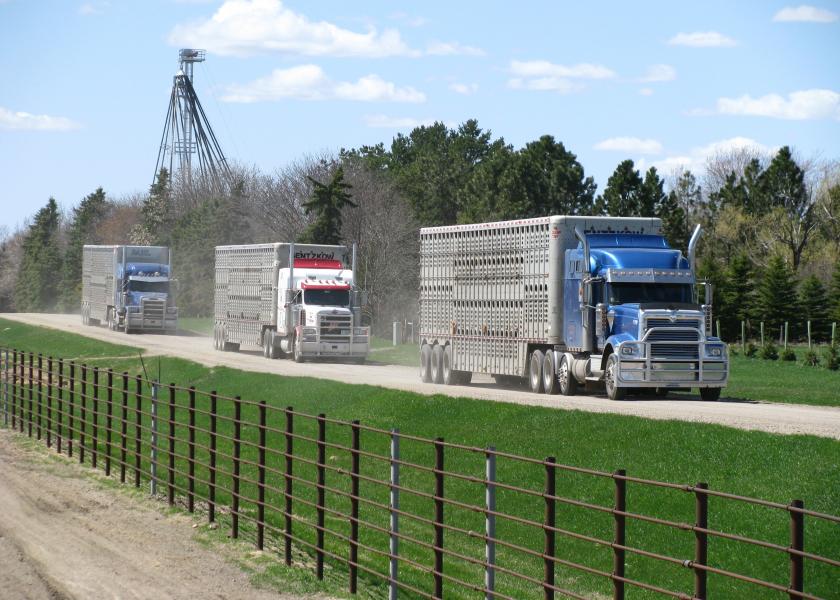House, Senate Deliver Cattle Market Compromise

On Wednesday, U.S. Senators Deb Fischer (R-Neb.), Chuck Grassley (R-Iowa), Jon Tester (D-Mont.), and Ron Wyden (D-Ore.) introduced the Cattle Price Discovery and Transparency Act to the Senate, while Iowa Representatives Cindy Axne (D-IA) and Randy Feenstra (R-IA)—both members of the House Agriculture Committee—introduced identical legislation to the House of Representatives.
“For years, Iowa’s independent cattle producers have been bearing the burden of price discovery and a lack of transparency when trying to market their cattle and make ends meet,” said Rep. Axne. “The Cattle Price Discovery and Transparency Act would provide meaningful and long overdue reform to the cattle industry to ensure producers in Iowa and across this country can continue their operations for generations to come.”
“Consolidation and a lack of transparency in the meatpacking industry have driven up costs for consumers, and lowered margins for Montana’s cow calf operators,” said Sen. Tester. “This legislation will help feeders and producers get fairer prices through cash negotiations, and will shed light on all cattle transactions in a highly consolidated market.”
The legislation seeks to return fairness to the cattle marketplace dominated by four major meat packers by:
1. Establishing regional mandatory minimum thresholds of negotiated cash and negotiated grid trades based on each region’s 18-month average trade to enable price discovery in cattle marketing regions. In order to establish regionally sufficient levels of negotiated cash and negotiated grid trade, the Secretary of Agriculture, in consultation with the Chief Economist, would seek public comment on those levels, set the minimums, and then implement them. No regional minimum level can be more than three times that of the lowest regional minimum, and no regional minimum can be lower than the 18-month average trade at the time the bill is enacted.
2. Requiring the U.S. Department of Agriculture (USDA) to create and maintain a publicly available library of marketing contracts between packers and producers in a manner that ensures confidentiality.
3. Prohibiting the USDA from using confidentiality as a justification for not reporting and make clear that USDA must report all Livestock Mandatory Reporting information, and they must do so in a manner that ensures confidentiality.
4. Requiring more timely reporting of cattle carcass weights as well as require a packer to report the number of cattle scheduled to be delivered for slaughter each day for the next 14 days.
Endorsements for the bill have come from the American Farm Bureau, U.S. Cattlemen’s Association, National Farmers Union, and National Grange.







